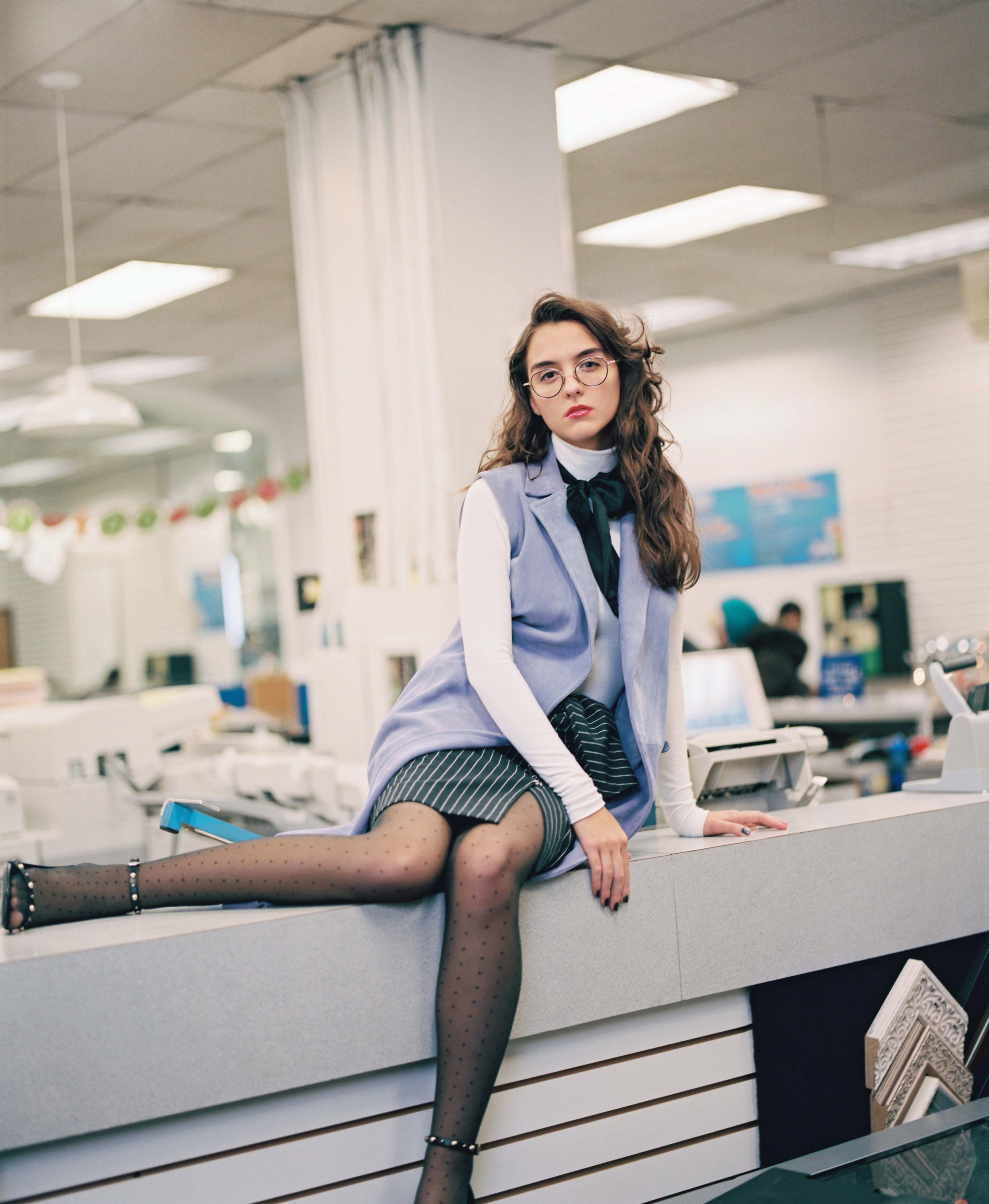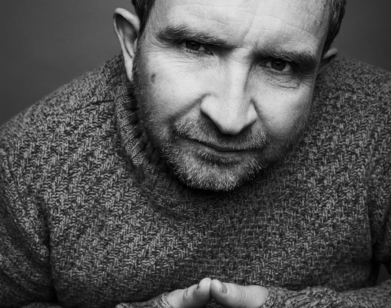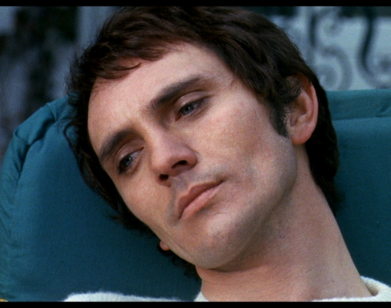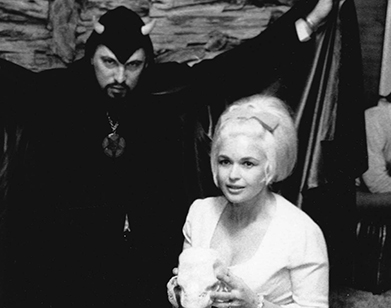This 22-year-old wrote an intoxicating film about a teacher-student relationship
“When I was 14 or 15, I wrote an essay about being sexualized by my teachers because I matured really early, and my teacher liked it so much that she asked me to read it in front of the class,” says 22-year-old Quinn Shephard. Her new movie, Blame—which she wrote, directed and stars in—deals with a too-close-for-comfort relationship between a precocious teenage girl and her teacher. “I remember thinking it supported this theory that I had, that you have to be really honest as a writer. If you’re not, your work really isn’t worth anything because it’s not going to reach anyone. So I was like, ‘This can be a symbol of me not having fear. I need to be brave and share this.’ And I did. The funny thing is, I thought nothing happened, and I was talking to my friend years later, and she was like, ‘No, Quinn … People talked about that for like three years!’”
Bounding into a coffee shop in downtown Brooklyn, Shephard exudes a fresh, winsome energy. She wears a white T-shirt with black lettering that says “Eroticize equality”—a Gloria Steinem quote—black leggings, and black boots. With her perfectly tousled dark hair and fashionable outfit, you might guess she’s a rising starlet, but beneath the self-proclaimed “goofy” exterior is a poised young woman with a clear sense of what she wants. She speaks with a Valley Girl vocal fry but also displays a vision that is both detail-oriented and big-picture, as well as a psychological acuity that is rare at any age. “I was always a writer,” she declares in her trademark raspy, expressive voice. “I always wanted to be a creator. There really wasn’t anything else I wanted to do, other than be on film sets, whether it was in front of or behind the camera.”
Over a turmeric milk (she doesn’t drink caffeine), Shephard talks about her directorial debut, in which she gives a strong but controlled performance as Abigail. She’s a solipsistic outsider with a penchant for theatrics, whose mental breakdown the previous year is alluded to but not spelled out. When Jeremy (Chris Messina), the sensitive yet masculine substitute drama teacher, casts Abigail over her classmate Melissa (Nadia Alexander) in a school showcase of Arthur Miller’s play The Crucible, a rivalry between the two girls—as well as an unsettling relationship between Jeremy and Abigail—ensues. What seems at first to be a movie about an inappropriate student-teacher relationship becomes a portrait of two isolated teenage girls with different degrees of damage.
Shephard directed Blame at age 20. It was shot at her own high school in Metuchen, New Jersey. To boot, she edited the film and co-produced it. She began writing the script at age 15, after starring in a local production of The Crucible, which had a powerful effect on her own coming of age. (Her character in Blame plays the same role that Shephard appeared in on stage.) Shephard’s mother, Laurie, a former actress, encouraged Quinn to use writing as an outlet for her teenage angst. “I was a lot more introverted when I was in high school than I am now, so it was a healthier outlet for someone like me,” Shephard says. “It was a good way for me to direct my emotions.”
Shephard, who made her on-screen debut at age four in a film starring Andie MacDowell, has played her share of smart, loquacious characters and sarcastic tomboys, but she’s a personable, quirky realist off-screen. Growing up, she got to see one side of the world working as an actor, but she also was immersed in a “normal” suburban, public high school experience. Her biggest role as a teenager, a part on the television drama Hostages, came after she graduated from high school a year early.
Shephard acknowledges the film probably would have been impossible for her to make were she not an only child. In addition to helping write the story for the script, her mother co-produced the film, and served as the casting director. “That’s her superpower I always joke,” Shephard says. At her mother’s prompting, they looked at actress Nadia Alexander for the role of Melissa. Alexander brought “a level of desperation and violence to the character that was fascinating,” Shephard says. Alexander’s audition inspired Shephard to rewrite the role of Melissa with her in mind. The film is really a vehicle for Shephard’s vision as a director, she says, rather for her as an actress.
Around the time Blame premiered at last year’s Tribeca Film Festival, there was a screening in the auditorium of the school that appears in the film. “During the racy scenes, I was just going through a mental list of all of the teachers in the audience that had known me when I was like 10,” says Shephard. “I was like, ‘This is terrible. Why did I think this was a good idea?!’”
Shephard now lives in Brooklyn, and she has two directorial projects in the works, one for TV and one feature film. She doesn’t plan on giving herself starring roles in projects she helms any time soon, but now that she’s done it once—and in a very raw way—she isn’t opposed to putting herself out there again. “I wouldn’t let myself feel fear,” Shephard says, of the entire filmmaking process. “If I did feel it, I would just go through the fear.”
BLAME IS IN THEATERS AND ON VIDEO ON DEMAND STARTING JANUARY 5, 2017.




